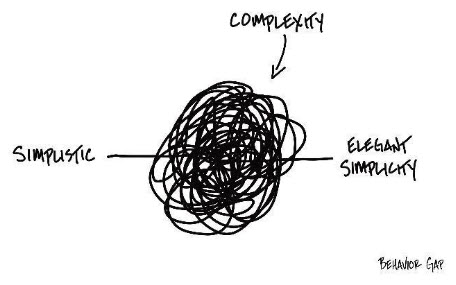Logical Reasoning
Logical reasoning is about arriving at a conclusion in a rigorous way. There two broad categories of logical reasoning: deductive reasoning and non-deductive reasoning.
Deductive reasoning provides a result that is guaranteed to be certain, therefore the result can be relied upon without doubt and humans need not be involved in a process because of the certainty of deductive reasoning.
Non-deductive reasoning, on the other hand, is not certain, meaning it could be correct but it could also be incorrect. Non-deductive reasoning is based on probability. Non-deductive reasoning is always fallible; there is always the possibility of error. And so non-deductive reasoning approaches must have a human in the loop to deal with that uncertainty. There are three types of non-deductive reasoning: inductive reasoning, abductive reasoning, and analogy.
A line of reasoning (a.k.a. chain of reasoning) is an explanation of an approach to solving a problem or reaching a conclusion. A line of reasoning has a problem solving method which could be forward chaining, backward chaining, sequential, or a hybrid which combines different reasoning approaches. Business rules engines implement some sort of line of reasoning approach.
Another term for logical reasoning is automated reasoning, knowledge representation and reasoning, or reasoning.
Additional Information:




Comments
Post a Comment